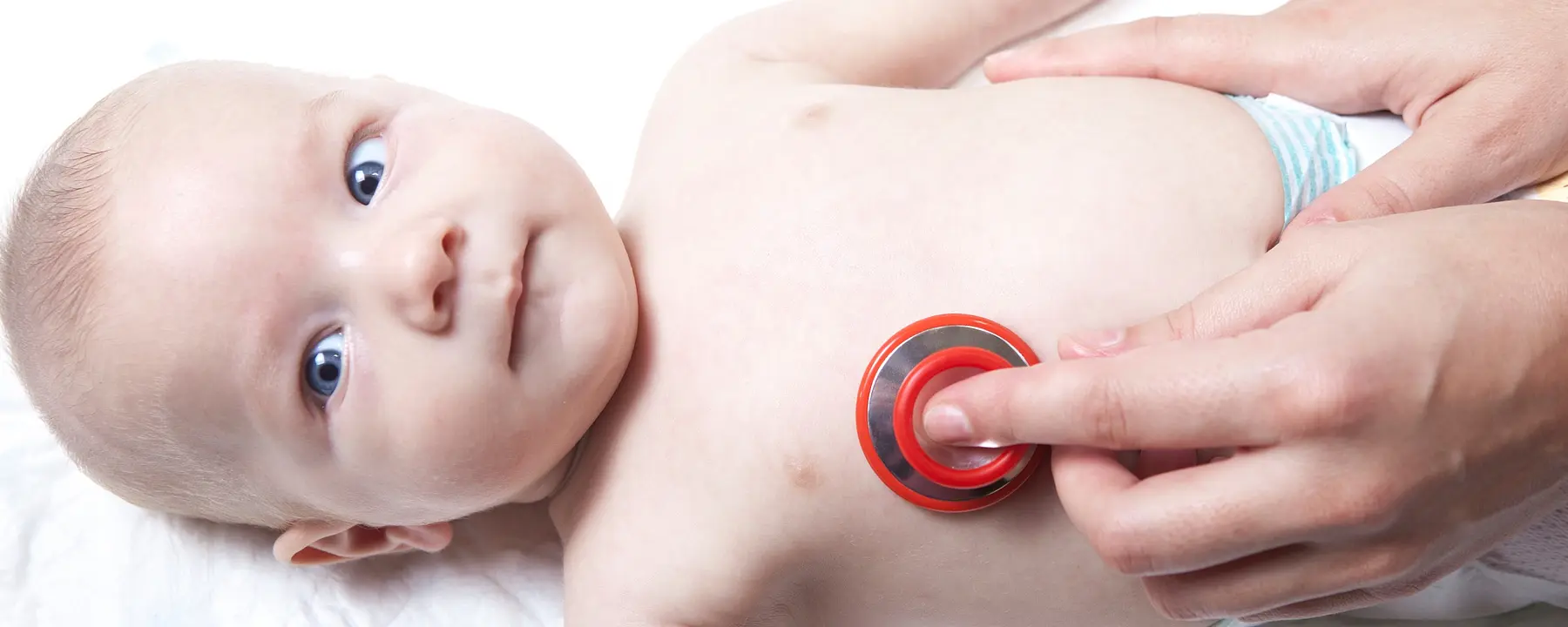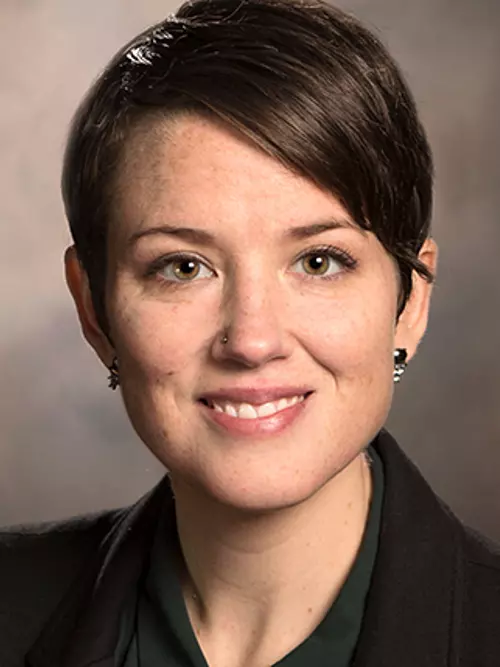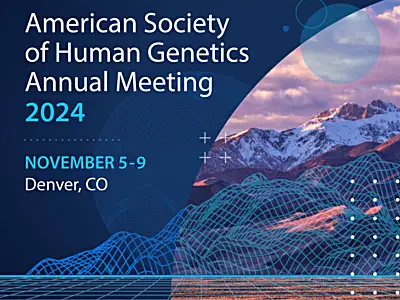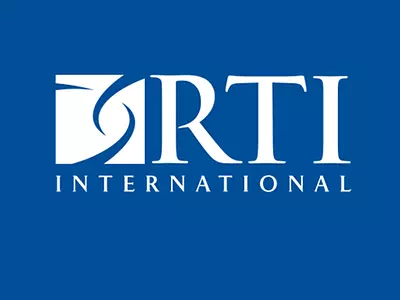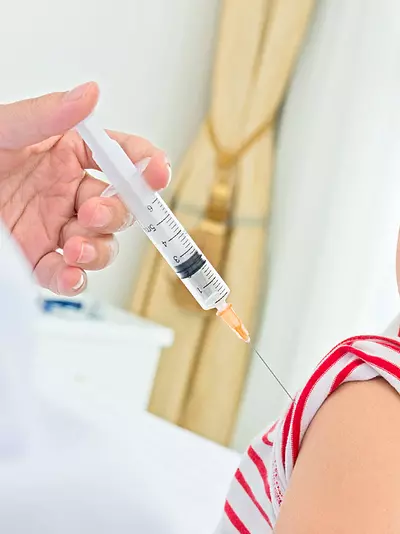Advancing the science and practice of newborn screening
Newborn screening is a public health program that identifies babies with serious health conditions for which there are effective treatments that must begin early. Although the U.S. has a successful state-based newborn screening program that screens most of the nearly 4 million U.S. babies born annually, it is important to continue investigating, supporting, and improving newborn screening systems to increase their impact on babies and families.
To address these needs, RTI has built an interdisciplinary team to advance newborn screening science and practice through research, implementation, and evaluation. We collaborate with experts and community interest groups to pilot- test newborn screening for additional conditions, provide technical assistance to state newborn screening programs, and conduct formative and summative evaluation projects focused on genetic conditions identified through newborn screening.
Our team developed Early Check, a research program that offers optional newborn screening for a panel of new conditions to the parents of all babies born in North Carolina. The benefits of Early Check include:
Providing a choice for parents who want to know about additional conditions that are not screened in state-based programs.
Establishing a research resource to study early development of infants with rare conditions before symptoms occur.
Developing a registry of families and children who could be invited to participate in clinical trials.
Gathering evidence to help determine whether new conditions should be added to the Recommended Uniform Screening Panel.
In collaboration with the North Carolina State Laboratory of Public Health and other clinical partners, we have conducted pilot studies on several rare conditions, including severe combined immunodeficiency (SCID), mucopolysaccharidosis type I (MPS I), mucopolysaccharidosis type II (MPS II), X-linked adrenoleukodystrophy (X-ALD), spinal muscular atrophy (SMA), Duchenne muscular dystrophy DMD), and fragile X syndrome (FXS).
Additional expertise and research related to newborn screening include:
Evaluation of the Health Resources and Services Administration's (HRSA) Heritable Disorders Program
Identification of challenges and solutions for modernizing the newborn screening system
Development of an instrument to assess family outcomes following a child's diagnosis through newborn screening
Assessment of current and potential future collaboration between Early Intervention and newborn screening programs
Assessing experiences and needs of families whose baby was identified with a condition newly added to state newborn screening panels (SCID and congenital cytomegalovirus [cCMV])
Related Projects
The Newborn Screening Mucopolysaccharidosis Type I (MPS I) Pilot Program
Read More about The Newborn Screening Mucopolysaccharidosis Type I (MPS I) Pilot Program
